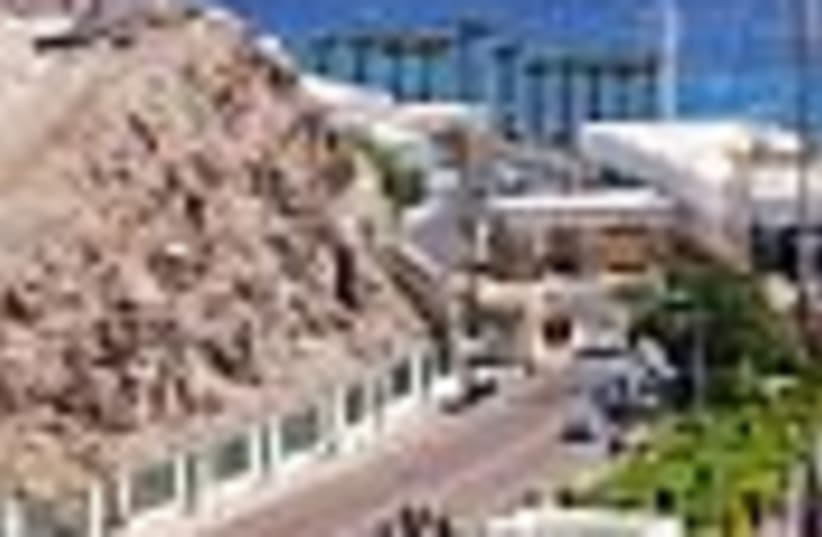| More about: | Egypt, Mombasa, Sharm el-Sheikh, Yuval Diskin |
Egypt said afraid of Sinai terror cells
Warnings still high of terror groups in Sinai targeting Israeli and other tourists under noses of Egyptian sec. forces.


| More about: | Egypt, Mombasa, Sharm el-Sheikh, Yuval Diskin |